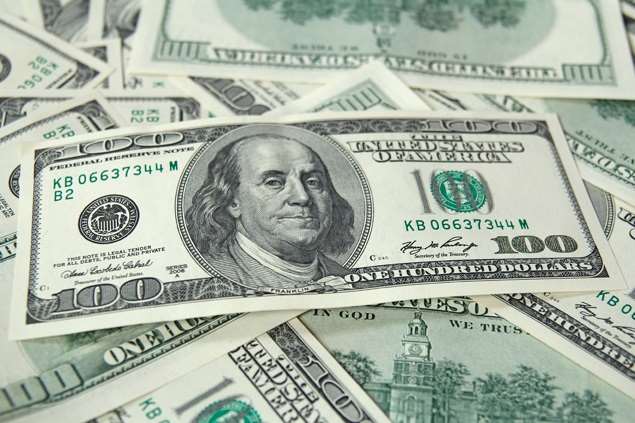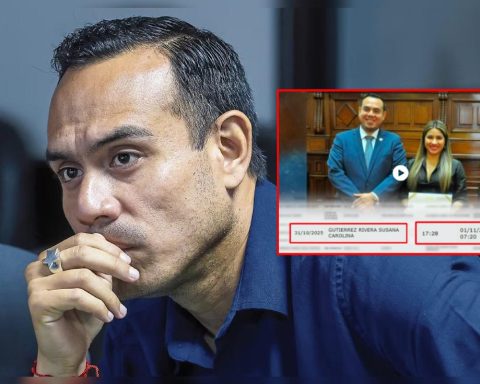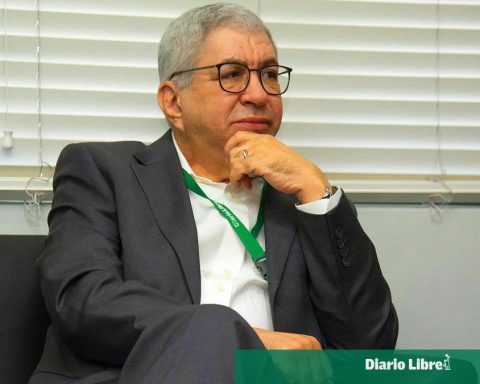November 11, 2022, 9:29 PM
November 11, 2022, 9:29 PM
The latest report from the Central Bank of Bolivia (BCB) shows the downward trend of Net International Reserves, which As of November 7, they closed at US$3,754 million, of which US$882 million is in foreign currency. On September 6, the biggest drop since 2006 was registered with $759 million.
In 2006, 16 years ago, the reserves were US$ 3,177 million, of which $us 2,561 million were foreign exchange, according to BCB data.
The reserves constitute a financial support for imports or external purchases of the country. The International Monetary Fund (IMF) maintains that RIN must cover between three and four months of imports of a country “to smooth consumption in the event of a dramatic drop in exports.”
The alert voice was given on Thursday exporters by requesting that the prohibition on the external sale of beef and sugar be suspended at a time when international reserves are falling.
“Both sectors are an important source of foreign exchange for the national economy and also represent an important source of employment generation, both productive-agricultural and exporter. In circumstances where the RIN have been showing a downward trendthe country should not give up possible sources of foreign exchange through exports”, said Danilo Velasco, president of the National Chamber of Exporters of Bolivia.
Along the same lines, the economist Gonzalo Chávez said that the suspension of food exports means less foreign exchange that the country needs to maintain its reserves and sustain the fragile stability of the exchange rate. “It’s the jet nose game, where we all lose,” he said.
While the former director of the BCB, Róger Banegas, maintained that the Central Bank of Bolivia (BCB) and the Ministry of Economy are not complying with the 2022 Fiscal Financial Program because they agreed that in the third quarter of this year, a growth in RIN at $us 308 million. However, the reservations As of September 2022, they decreased by more than $908 million.
In July, the Minister of Economy, Marcelo Montenegro, stated that, to improve the level of the NIRs in the medium and long term, projects for the industrialization of natural resources are developed.


















